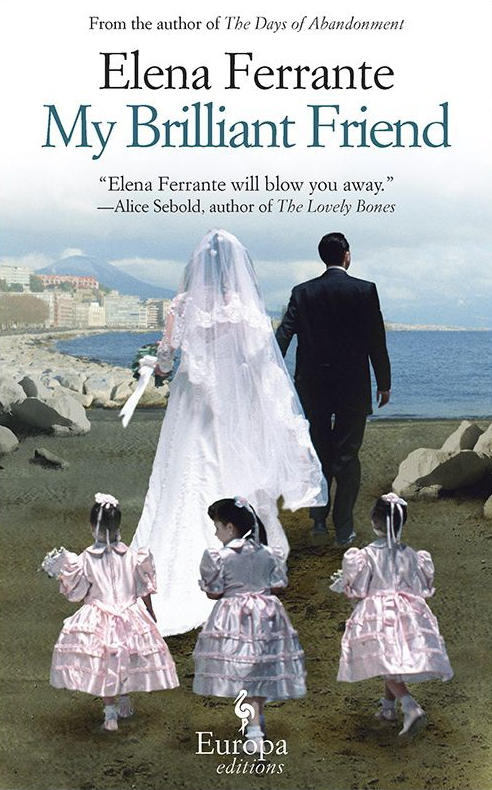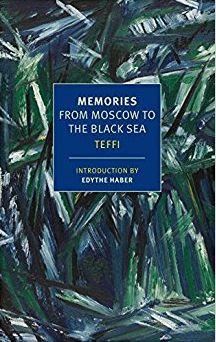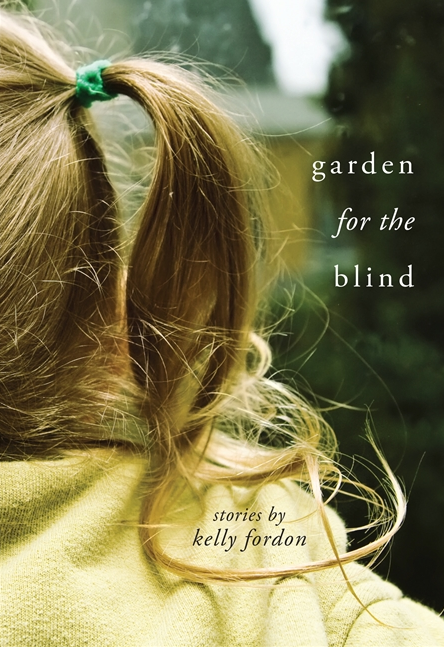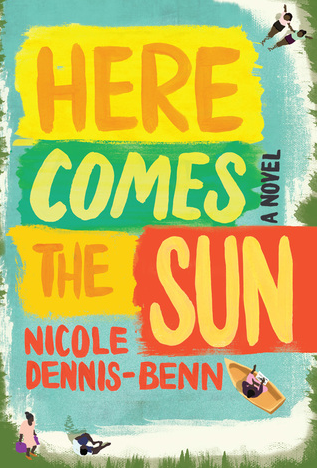“Exaggerate to exist.”
―W. H. Auden, The Age of Anxiety (1948)
[1] From El Gueto
Friday, January 4th, 1985. It is 7:50 am. The temperature outside is below freezing.
“The city” isn’t altogether alien to me. I have seen it featured in a thousand movies. As a boy I came with my father, a theater actor, to buy Broadway plays. I am familiar with its grammar. Indeed, I make my way through conversations, although, in all honesty, my English is still precarious.
This time around, though, I am alone and I am learning to cope with it. I barely have any money. The $67-a-week I make shelving books at a local library are barely enough. Collect calls are expensive. I used to write long letters while I lived in the Middle East, but I have lost practice. Plus, for now I don’t feel like sharing my thoughts with others.
I have landed in a small apartment on Broadway and 121st Street, next to The Jewish Theological Seminary. They have given me a scholarship to study philosophy. I share the apartment with three other young men, one called Francesco from Italy with a heavy accent, Arno from Canada, and Ritchie from the United States. It has taken us time to get acquainted with one another. I understand what they all tell me, though I am at a loss every third or fourth word, especially with Arno’s lingo. He speaks fast and uses strange words. He says I talk English like a “primitive.” Franco’s syntax isn’t good either. His accent is heavy. He helps me when I fumble.
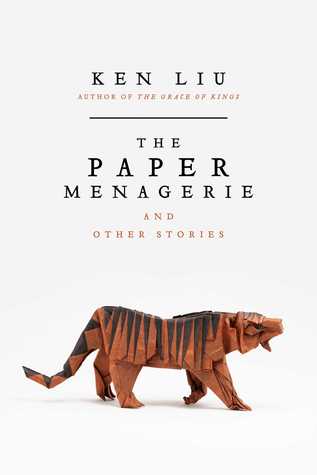
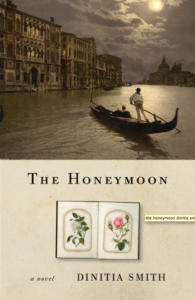 “One late afternoon in June of 1880, a rather famous woman sat in a railroad carriage traveling toward Venice with her new husband, a handsome young man twenty years her junior.” Thus begins this accomplished tale, in which the honeymoon of a sixty-year-old bride is the frame for the life story of a woman who defied convention but had no wish to.
“One late afternoon in June of 1880, a rather famous woman sat in a railroad carriage traveling toward Venice with her new husband, a handsome young man twenty years her junior.” Thus begins this accomplished tale, in which the honeymoon of a sixty-year-old bride is the frame for the life story of a woman who defied convention but had no wish to.
